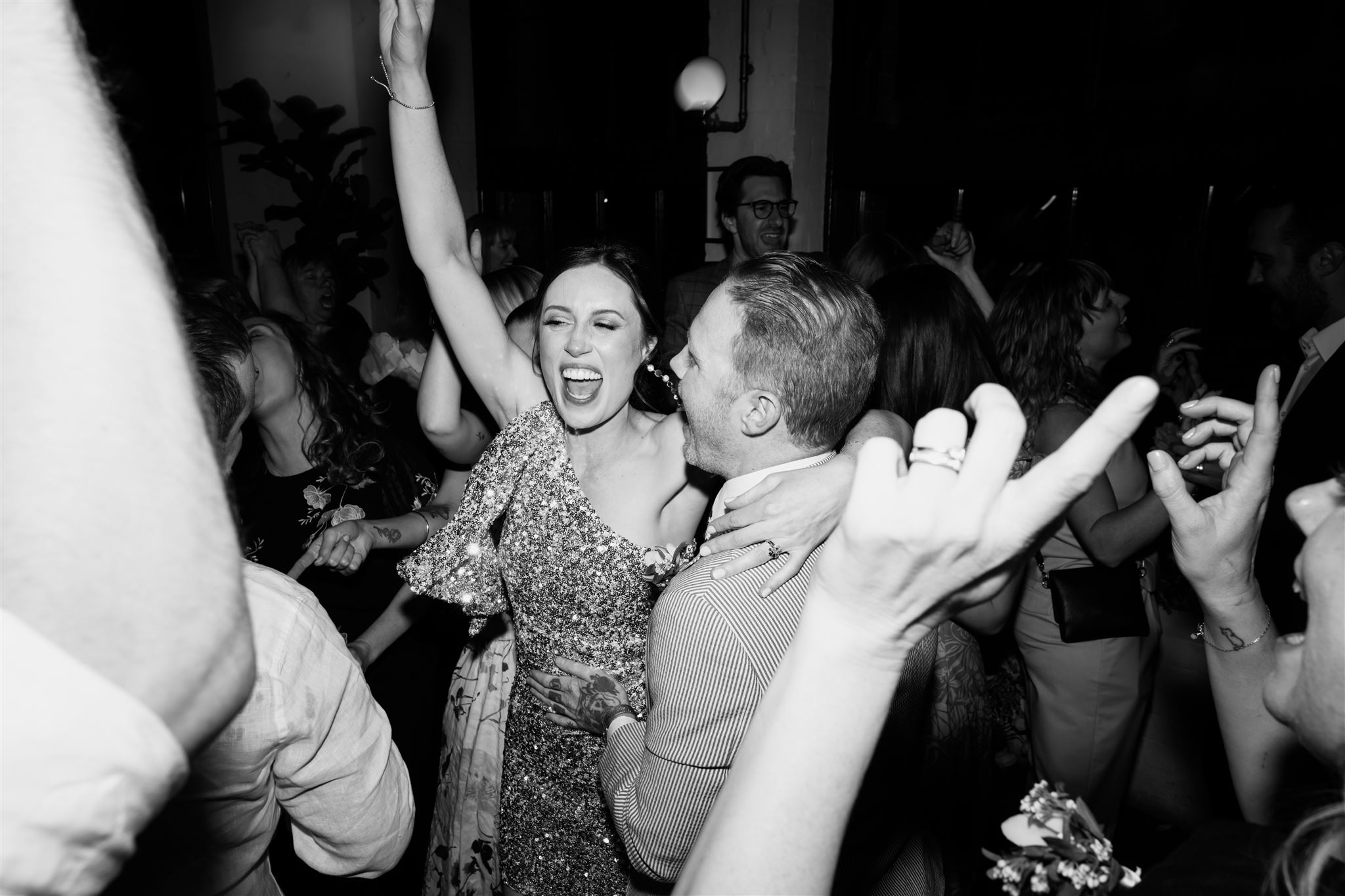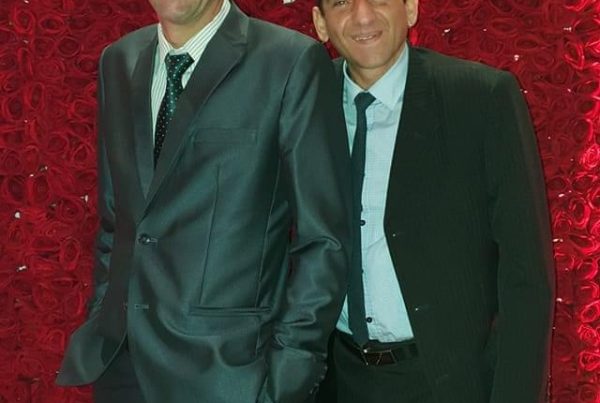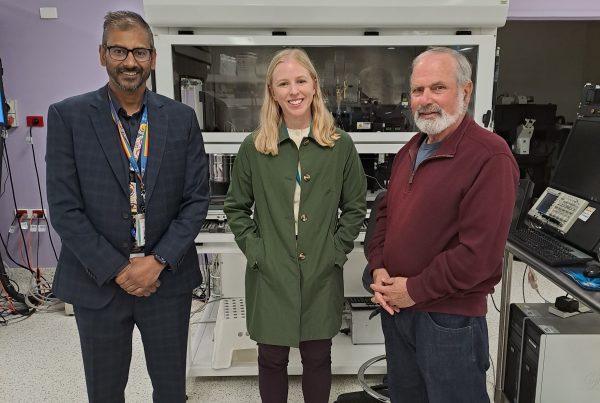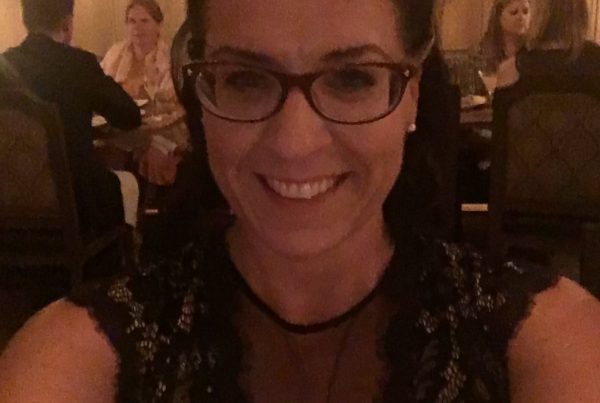By Davie
There comes a point in every CF child’s life when they find out about their life expectancy.
Depending on how ill they are, what year they’re born, and what treatments are available, they’re given an approximate number according to the most recent statistics, accompanied by the ‘bus factor’: “Or you might be hit by a bus tomorrow, as could we all.”
For me, born in 1985, I was closer to 16 when I asked the question, “How long will I live?” And that number for me was approximately 30.
I’m now 39, and I’ve only just come to realise the effect that number has had on my life.
Friendships, relationships, career goals, life goals, travelling, studying, attitude, confidence, ego, the way I saw myself – all of it changed the minute I was told my life was statistically halfway through.
The midlife crisis phenomenon as we know it now was coined by psychoanalyst and social scientist Elliot Jaques in 1965. He theorised that a transition of identity and self-confidence occurs in typically Western-world individuals, generally 35 to 60 years old, and usually brought on by events or stressors that highlight a person’s age, mortality, and possible lack of accomplishments in one’s life. Regret is a feeling commonly associated with midlife.
Pop culture tells us the stereotypical man’s midlife crisis may include the purchase of a sports car or seeking intimacy with a woman half your age, but when you’re only 16, these things just aren’t on your radar. You might not own a car. Most teenagers haven’t experienced things that one might later come to regret – you haven’t yet formed your identity.
My midlife crisis had a light side to it, too. I became less risk-averse, which is decidedly a good thing. In my teens and early 20s, I took risks I mightn’t have. I partied. I formed friendships I wouldn’t have. I travelled to places young Australians generally didn’t go and I started many careers of varying success, but without much direction and even less self-purpose.

This isn’t to say that life was hopeless; I inherited my mother’s outlook, which is fortunately optimistic, but it was hard to see a future in any single career. When you don’t think you’ll be around, making plans for the future feels like a futile exercise.
My relationship with time was a tense one; if I felt like someone was wasting my time, I could be short – I had to, I thought. I didn’t have much of it left.
As time went on, it grew exponentially more precious. I could feel the grains of sand rolling through the neck of the hourglass, spent. The notion of time as a scarce, ever-dwindling life force was more palpable than ever and I managed its loss in an almost obsessive-compulsive manner; I could be in mid-conversation with someone and I’d start panicking internally – am I squandering away my time here? Is this conversation a waste of it?
I received my life expectancy towards the end of high school, so I saw university as a potential waste of four years and deferred before I could receive my bachelor’s. I didn’t see marriage or biological fatherhood as viable options, so I told myself I couldn’t want them either; it would be cruel to marry and soon after, perish, leaving a family in grief, I thought.
From that moment on, the number 30 informed all my wants and desires, effectively placing a ceiling on my life.
If it didn’t fit into my next 15 years, I simply couldn’t pursue it.
I’m still working through my time-baggage but things are better now. When I was in my mid-20s, I had an epiphany about my life and its direction. I was stranded in a Mexican desert on Christmas Day with a small group of friends; our van’s tyre had blown out and we found ourselves without the tools to change it (a friend had purchased the van months prior in Canada). We were almost out of water, completely out of food, and miles from the nearest town. The sun was so hot, we’d barely last an hour on foot.
We hadn’t passed another car since the day prior and half of our party was about to attempt to walk to town, despite our arguing to instead tough it out in the car for a day. The others wrapped their shirts around their heads, took a swig of water, and walked on. My stomach somersaulted and I wondered what I would tell their mothers, or what someone would tell mine; I wasn’t sure who would die first. All of a sudden, a car pulled up. Before we could say anything, two tuxedoed Mexicans emerged, changed our tyre, and left without a word. I thanked them, hugged them, gave them all of my pesos, and proceeded to quietly crawl out of my midlife crisis over the next few hours, riding shotgun.
It took a near-death experience to jolt me free of my crisis; my real-life bus factor, and the bus just missed.
Only an hour later, I had career, life, and relationship aspirations and I dove in. Nearly 18 years later, I attended the Oscars red carpet and Gala Screening, travelled to Mexico for the second time, and married my wife. We’re now in the midst of IVF and I’m fortunate to be prescribed the “miracle” drug Trikafta, which has mushroomed my life expectancy – the number 30 means nothing to me now, apart from an age I look back on, fondly.
I still have the odd tense moment with time. I have to talk to myself; remind myself it’s all for free, and all to be experienced. Waiting in line is part of the journey. No conversation is a wasted one. And anyway, I might be hit by a bus tomorrow.
The views, experiences or comments shared on this website are not medical advice and may not reflect opinions or beliefs of Cystic Fibrosis Community Care. Always seek the guidance of your doctor or other qualified health professional with any questions regarding your health.



